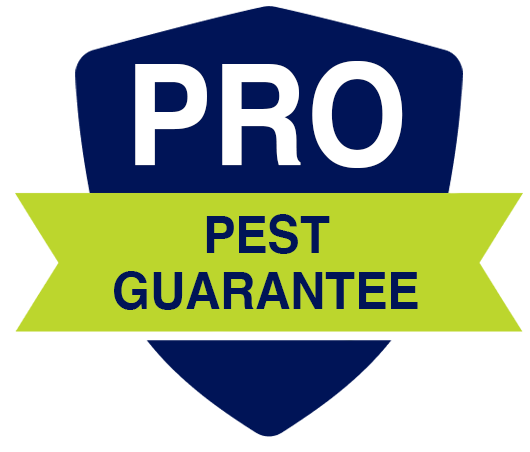PMBR.03379 Department of Energy and Environmental Protection

Over 200 5-Star Google Reviews
How to Handle Wildlife Encounters Around Your Home
Wildlife can be a beautiful part of nature, but when animals venture too close to your home, they can become a nuisance or even a threat. Whether it’s raccoons rummaging through your trash, bats in your attic, or squirrels chewing on your wires, handling wildlife encounters requires caution, knowledge, and often professional help. Here’s a guide to keep you and your home safe.
1. Stay Calm and Observe from a Distance
Wild animals may appear intimidating, but most are simply looking for food, shelter, or water. If you encounter a wild animal:
- Do not approach it.
- Keep your distance and observe its behavior.
- Avoid sudden movements or loud noises that could startle the animal.
2. Do Not Feed or Touch the Animal
Feeding wildlife can encourage them to return, creating ongoing problems. Touching or attempting to handle an animal is also dangerous. Many animals can carry diseases like rabies or parasites that are harmful to humans and pets. Always let wildlife find their own food in their natural habitat.
3. Secure Your Home and Property
To minimize wildlife encounters, make your home less attractive to animals by:
- Sealing Entry Points: Check for gaps or cracks in your attic, basement, and walls. Repair or seal these openings to prevent entry.
- Removing Food Sources: Store trash in sealed containers, clean up pet food, and secure bird feeders.
- Clearing Vegetation: Trim trees and shrubs near your home that might act as a bridge for climbing animals.
4. Protect Your Pets
Pets are particularly vulnerable during wildlife encounters. To keep them safe:
- Supervise pets when they are outside.
- Keep them leashed or in a secure enclosure.
- Ensure they are up-to-date on vaccinations, especially rabies.
5. Avoid DIY Removal Methods
While it may be tempting to handle the problem yourself, improper methods can lead to injuries, legal issues, or harm to the animal. For example:
- Trapping: Many states have strict regulations about trapping and relocating wildlife.
- Poisons or Chemicals: These are not only inhumane but can also harm non-target animals or pose risks to children and pets.
Protect Your Home Today
Wildlife encounters don’t have to become a major problem. By following these tips and knowing when to call in the professionals in CT, you can keep your home safe and wildlife where it belongs—out in nature.
If you’re dealing with a wildlife issue, don’t wait. Contact ProSource Pest Solutions in Waterbury CT for fast, humane, and reliable wildlife control. Call us or visit our website to schedule your inspection today.
Sign Up for Our Emails and Save on CT Pest Control!
Contact Us
We will get back to you as soon as possible.
Please try again later.
Sign Up for Our Emails and Save on CT Pest Control!
Contact Us
We will get back to you as soon as possible.
Please try again later.

At ProSource Pest Solutions, we stand behind our services with the ProSource Pest Promise. If you're not fully satisfied with the outcome within 30 days following treatment, we commit to offering additional treatments at no extra cost until the issue is resolved, or we'll refund the amount of your most recent service — that's our guarantee to you.
Contact Us
For more information or to schedule a service, call us at (203) 405-9856 or complete the form.
What Happens After I Send My Message?
Our team will review your information.
A staff member will contact you as soon as possible.
We will work with you to schedule your service.
Contact Information
Our Services
Quick Links
Business Hours
- Monday
- -
- Tuesday
- -
- Wednesday
- -
- Thursday
- -
- Friday
- -
- Saturday
- -
- Sunday
- Closed
Accepted Payments
